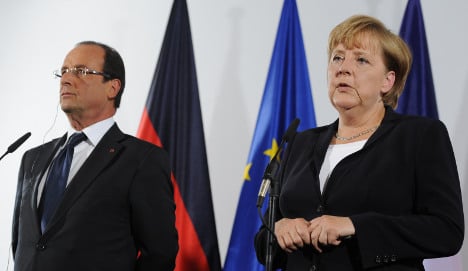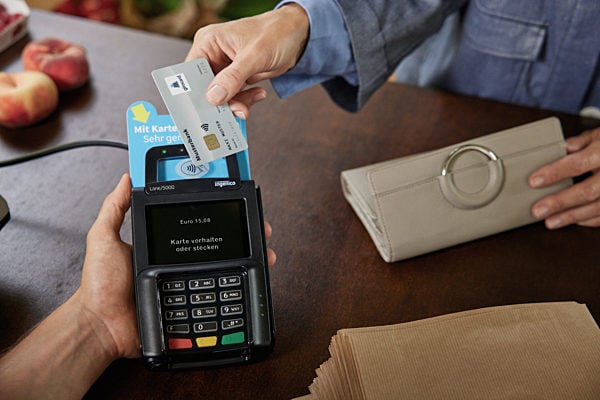France has demanded a deal be made to establish a banking union by the end of the year, a position Germany opposes. Because of this major difference, Chancellor Angela Merkel and French President Francois Hollande met face-to-face before the other 25 leaders came together.
“This will not be a summit at which we will already take decisions but we will prepare the decisions for December so we have to set the right course,” Merkel said.
“The aim of the (European Union) council is not budgetary union, it’s banking union,” Hollande said on arriving for a pre-summit lunch with Socialist heads of state and government.
“So the only decision we must take, or rather confirm, is the setting up of a banking union by the end of the year, and notably the first stage, which is banking supervision,” he said.
“The best way to proceed is to respect the decisions we have already taken,” Hollande said on arriving at the venue for the summit.
He said the context for the summit was “very tough times in social terms, and economic terms,” but underlined that leaders are no longer under “very tough pressure from the markets.”
Hollande suggested that divergences with Germany were “perhaps for reasons related to the electoral calendar,” with Merkel facing general elections next September.
Merkel and British Prime Minister David Cameron said earlier this week that more work was needed to reach a deal on a European banking union at the two-day summit beginning later Thursday, the first since a June summit agreement.
In Berlin earlier Thursday, Merkel cautioned against rushing into an ineffective supervisory system for European banks.
Instead, she said the emphasis at the summit should be on fiscal discipline by agreeing to give the European Commission’s top finance official the power to veto national budgets of member states.
“We believe, and I say that for the whole government, we could go further by granting the European level real rights to intervene in national budgets” Merkel said.
She also reiterated German opposition to rushing into a new system of policing the banking sector rather than taking the time to ensure that what is created is effective, calling for “quality” over “speed.”
France and Spain called last week for moves towards a banking union to be agreed by the end of the year, a timetable that Germany finds unrealistic.
AFP/hc



 Please whitelist us to continue reading.
Please whitelist us to continue reading.
Member comments